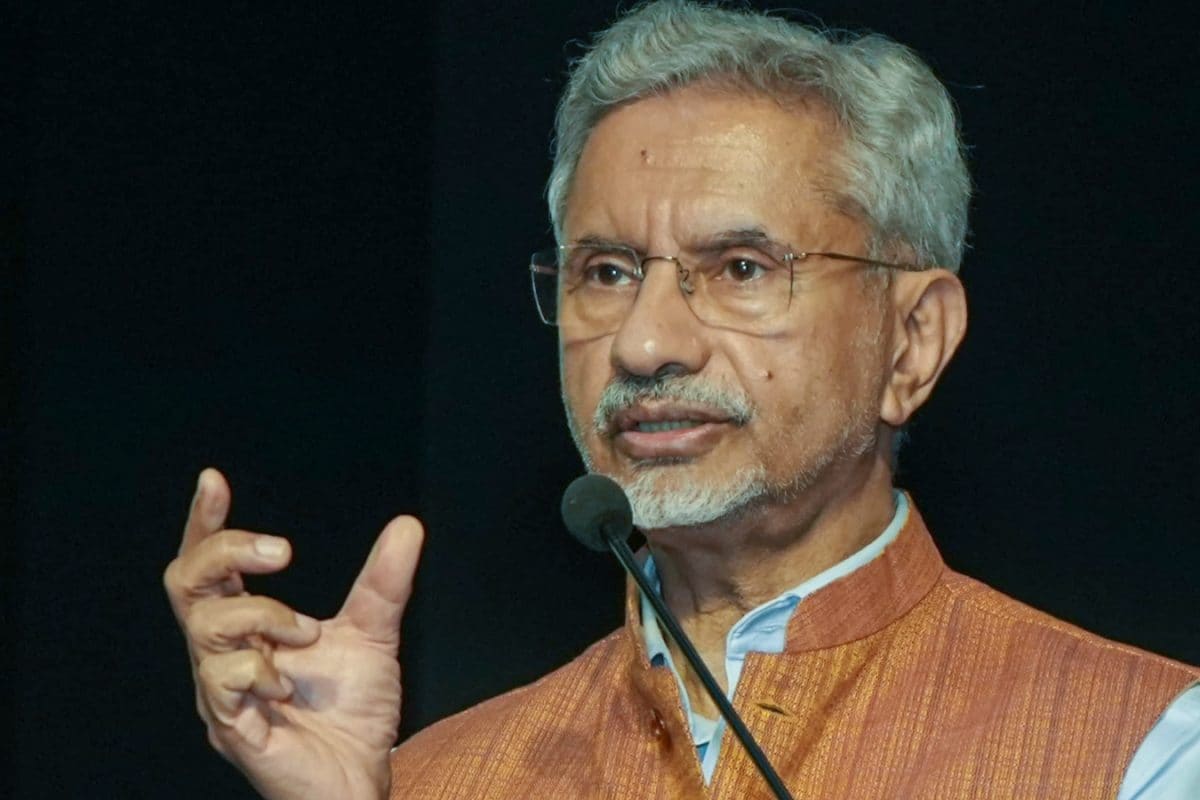

The global order is undergoing a significant transformation, with discussions around multipolarity gaining prominence. External Affairs Minister S. Jaishankar has been a vocal proponent of this shift, emphasizing the need for a reformed United Nations and a move away from traditional alliance systems to navigate this evolving landscape.
Jaishankar's statements reflect a growing consensus that the world is no longer dominated by a single superpower. Instead, multiple centers of power are emerging, each with its own interests and priorities. This multipolar world presents both opportunities and challenges. On one hand, it allows countries like India to pursue their strategic autonomy and forge stronger partnerships with a diverse range of actors. On the other hand, it requires navigating a more complex and fluid geopolitical environment.
A key aspect of Jaishankar's vision is the reform of multilateral institutions, particularly the United Nations. He has argued that the UN, in its current form, is ill-equipped to address the challenges of a multipolar world. He has called for a reformed UN that is more representative, effective, and responsive to the needs of all its members. This includes addressing issues of inequity and domination that persist in the current global system.
In this changing world order, traditional alliance systems are also being re-evaluated. Jaishankar has suggested that the United States, in particular, needs to move beyond its reliance on alliances and learn to work with a more multipolar world. He has emphasized India's history of independence and its preference for forging partnerships based on shared interests rather than formal alliances.
However, this does not mean that alliances and partnerships are becoming obsolete. Instead, they are evolving to reflect the new realities of a multipolar world. For example, the Quadrilateral Security Dialogue (Quad), which includes the United States, India, Australia, and Japan, is an example of a flexible and informal partnership that promotes regional stability and cooperation.
India's growing economic and political weight is also a key factor driving the shift towards multipolarity. As India's influence grows, it is playing a more active role in shaping the global order. This includes spearheading initiatives such as the African Union's G20 membership and promoting a more inclusive and equitable global system.
Moreover, technology is playing an increasingly important role in shaping the global order. Jaishankar has noted that technology is becoming a major game-changer, impacting balances of power and driving economic growth. In this context, partnerships in areas such as industrial competitiveness, clean energy, digital technology, and semiconductor supply chains are becoming increasingly important.
In navigating this complex and uncertain world, India's foreign policy is guided by the principles of "Vasudhaiva Kutumbakam" (the world is a family), mutual respect, mutual sensitivity, and mutual interests. India seeks to build bridges, promote dialogue, and foster cooperation on a wide range of issues. It also recognizes the importance of middle powers in addressing local and regional challenges.
In conclusion, the world is heading towards a more multipolar order, driven by the rise of new powers, the reform of multilateral institutions, and the evolution of alliance systems. India is playing a key role in shaping this new order, guided by its commitment to strategic autonomy, inclusive partnerships, and a reformed multilateralism. This shift presents both opportunities and challenges, requiring careful navigation and a commitment to building a more peaceful, prosperous, and equitable world.